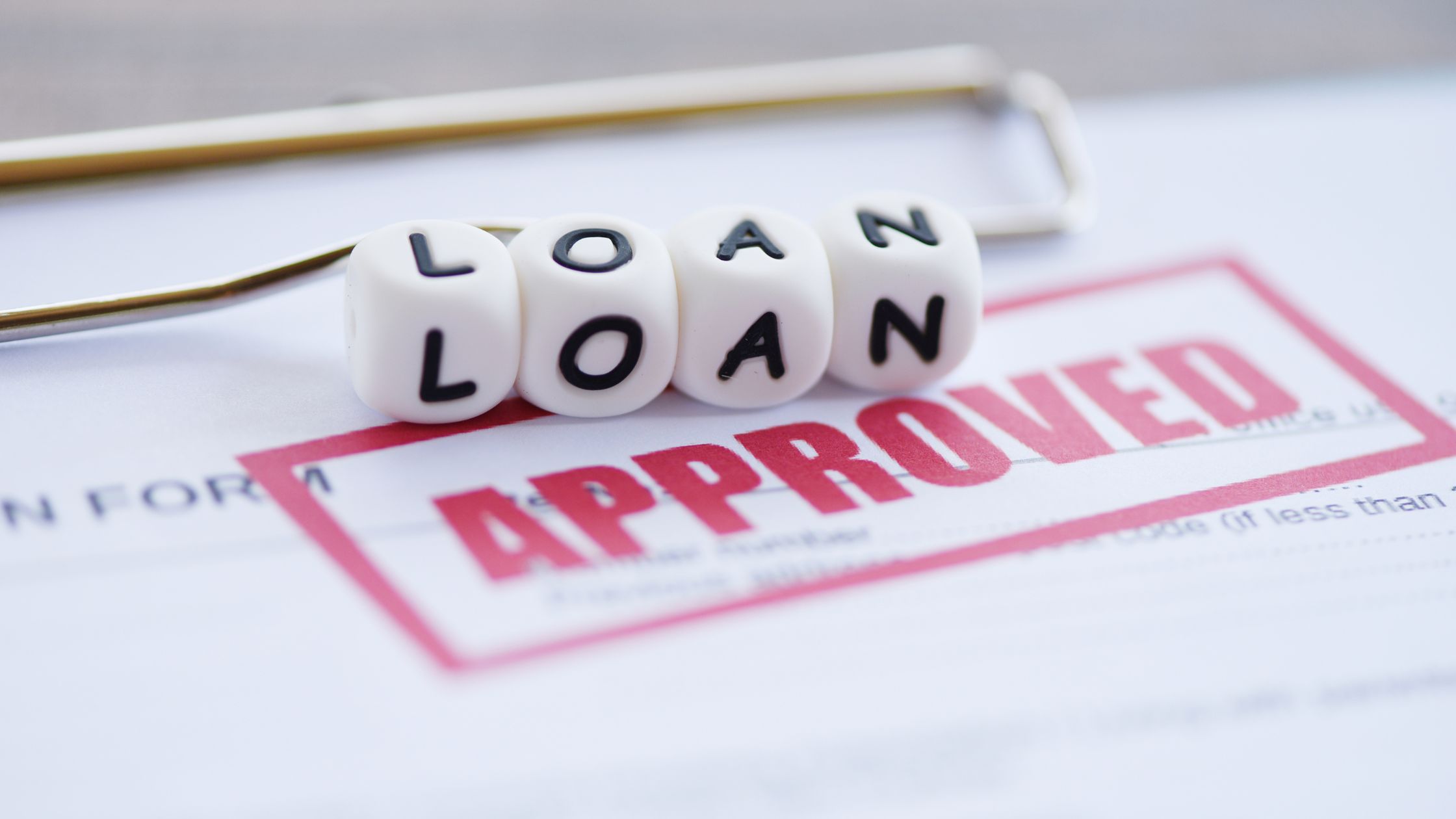Understanding the many mortgage options available is essential as you enter the commercial real estate market. Stated income loans—often called ‘no-doc’ or ‘low-doc’ loans in CRE—offer unique advantages for certain buyers.
If you’re an entrepreneur with fluctuating income, a retiree who wants to invest in a commercial property, a seasoned CRE investor looking to leverage your equity, or a freelancer interested in diversifying your income stream with CRE, these loans could pave the way to ownership where traditional loans fall short.
Let’s unpack how stated income loans work to see if they fit your CRE investment strategy.
What exactly are stated income loans?
When you apply for commercial stated income loans, you simply state your income — you don’t need to submit tax returns or pay stubs to prove your income level.
Lenders will use your declaration to assess your loan repayment capability. This method skips the traditional income verification process, making it easier to get a CRE mortgage.
How did stated income loans come about?
Originating in the early 2000s during a real estate boom, stated income loans were designed to accommodate self-employed professionals, business owners, and investors with complex income structures who often encounter difficulties securing traditional financing to buy commercial properties.
How do stated income loans work?
When applying for a stated income loan, you simply declare your income without the burden of heavy documentation.
However, due to the increased risk to lenders, these loans often carry higher interest rates and require larger down payments than standard mortgages.
Do note that stated income CRE lenders don’t verify income through standard means, but they still typically require proof supporting the declared income, such as bank statements or asset documentation.
This helps them assess your creditworthiness and ensure that the income you’ve claimed is plausible given your financial situation.
Who stands to benefit from stated income loans for commercial properties?
Stated income loans are particularly advantageous under specific scenarios:
- Self-employed professionals/business owners – Do you run your own business and want to buy your commercial space? Proving to traditional lenders that you generate consistent income can be challenging because of the variable nature of self-employment earnings. Stated income loans cut through the red tape. These financing solutions allow you to declare your earnings without the usual paperwork.
- Real estate investors – If you manage multiple CRE properties for a living, it can be challenging to demonstrate a stable income. Stated income loans — especially those that come directly from lenders who understand the commercial property business — can simplify your mortgage process and help you scale your real estate investments without the hassle.
- Asset-rich, income-light borrowers – Are you a retiree with substantial savings but a modest monthly income? Stated income loans assess your overall financial health, not just your income. This makes securing funding for your CRE venture easier based on your total assets.
What are the advantages of stated income loans?
Stated income loans offer several unique benefits that other financing solutions don’t provide, making them invaluable under the right circumstances.
- Less documentation required –Simplicity is perhaps the most significant advantage of stated income financing. You don’t need to drown in paperwork or prove your income and employment, which means you can immediately breeze through the application process and get the funds you need for your commercial property project.
- Flexibility for entrepreneurs, self-employed professionals, and freelancers – If your income varies, stated income CRE loans cater to you. These loans assess your overall earning potential rather than just what you can prove on paper to get the leverage you need to buy your own CRE building.
- Fast approval process – Because there is no need to dig through your financial history or verify income and employment, the approval process for stated income loans is quick and efficient, which can be crucial when aiming to close a time-sensitive CRE deal quickly.
- Investment opportunity– Stated income loans can be your ticket to expanding your commercial real estate portfolio. You can use them to purchase CRE properties that generate solid rental incomes to grow your wealth.
Disadvantages of stated income loans
Like any other CRE financial product, stated income loans have drawbacks you must fully understand and prepare for before proceeding.
- Higher interest rates—Since lenders see stated income loans as riskier, these financing solutions often have higher interest rates than traditional mortgages.
- Down payment requirement – These loans also typically demand a substantial down payment — sometimes 30%. This high upfront cost may deter potential borrowers but also protects the lender by reducing their exposure to potential defaults. When you put in a larger down payment, you put more of your money at stake. Lenders believe this incentivizes borrowers like you to keep up with payments, decreasing the likelihood of foreclosure.
- Potential for fraud – The minimal documentation requirements of stated income loans may open doors to possible fraud. Some borrowers might overstate their income.
- Limited availability – Not all lenders offer stated income loans. This can limit your options and complicate your search for suitable financing.
What are the usual requirements for obtaining a stated income loan?
Different stated income loan lenders will have different sets of requirements, but in general, you need to prepare the following:
A solid credit score:
You should ideally score above 700 to prove to lenders that you consistently manage debt well, but some private CRE lenders accept 650.
- A good amount of savings—Lenders will want to see if you have significant assets and/or savings that can be liquidated quickly if you default.
- Substantial down payment—To lower your lender’s risk, you’ll generally need to put down 20% to 30% of the commercial property’s value.
How can you apply for a stated income loan to buy commercial properties?
Gather your financial proof. Even though your income won’t be directly verified, you must show lenders your assets and creditworthiness.
Then, find a lender. Few CRE lenders offer stated income loans, so you need to approach those that specialize in this segment.
The next step is to fill out your application at the chosen lender and declare your income. You could soon get the green light if you meet all the lender’s conditions.
Are there alternatives to stated income loans for buying commercial properties?
If a stated income loan doesn’t quite fit your financial strategy, you can consider these other financing solutions:
- Bank statement loans– Ideal for self-employed professionals who want to buy a commercial property for their business, these loans verify income based on bank statements rather than tax returns. They’re suitable for those with non-traditional income streams.
- SBA loans– Certain loan programs like the SBA 504 Loan can be used for purchasing commercial real estate under specific conditions.
- Bridge loans—These short-term loans can bridge the gap between immediate financing needs and longer-term solutions. CRE investors often leverage them to quickly purchase or refurbish a property before securing permanent financing.
Connect with Private Capital Investors for your commercial real estate financing needs.
Looking for a straightforward way to finance your CRE ventures? Private Capital Investors specializes in low-doc stated income loans tailored for commercial real estate.
Operating nationwide, we’re a trusted name in cities like Dallas, Houston, Denver, Massachusetts, Miami, Phoenix, and Florida.
Unlike traditional banks that demand a laundry list of documents, we don’t require tax returns or W-2s, making it easier than ever for you to secure funding.
Our stated income loan requirements are straightforward. Tax returns are not necessary. Past bankruptcies won’t hinder your chances either (provided they were discharged at least two years ago).
Here are some of the critical features of our stated income CRE loans:
- Loan amounts from $1 million to $50 million
- Minimum credit score of 650+
- No tax returns or W-2s required
- No need to check account statements
- Quick and easy qualification process
- Competitive rates
- Approval within 48 hours, with funding available in as little as 14 days
- Exceptional customer service and pragmatic underwriting
Our stated income loans can be used for commercial properties, including:
- Multi-family apartments
- Office
- Retail
- Luxury Residential
- Urban land
- Light Industrial
- Self-storage
We can finance a variety of commercial transactions:
- Property improvements
- Working capital
- Refinancing
- Debt consolidation
Here at Private Capital Investors, we aim to become your commercial real estate financing partners. As verified direct lenders, we can offer flexible loan terms tailored to your needs. Our expert team evaluates the specifics of your commercial property to recommend the best loan options for you.
Don’t let the usual complexities of traditional CRE financing hold you back from buying your commercial building. Reach out today and take advantage of our no-obligation mini-application to kickstart your journey. Call us at (972) 865-6205.





